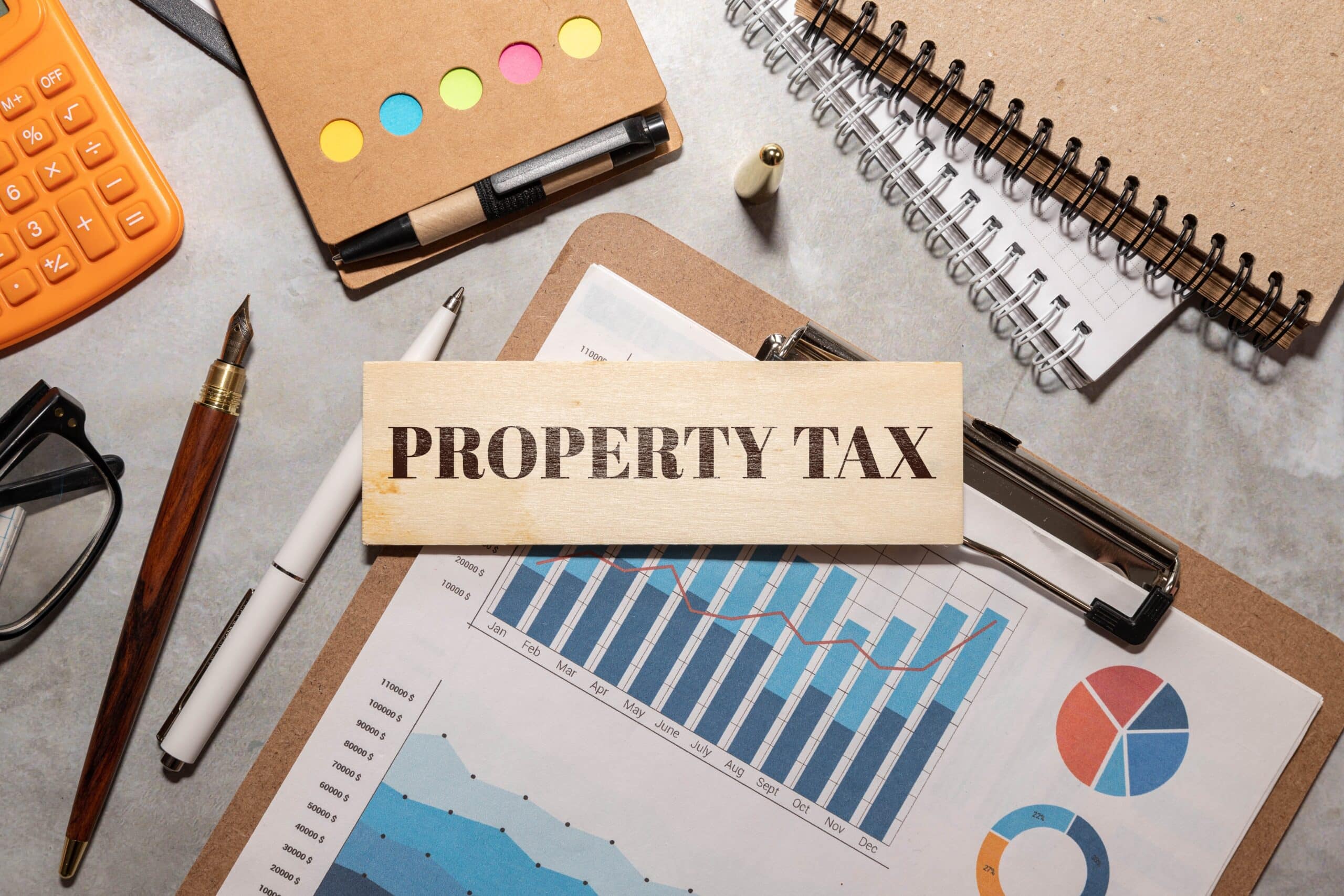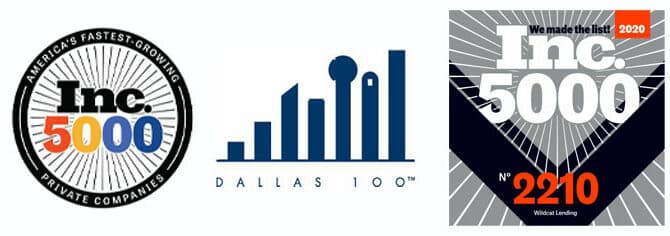Assessments: What Triggers Them
Taxes start with assessed value. Most local authorities base this on a percentage of the property’s market value, updated annually or every few years. Renovations can trigger a reassessment—so if you’re planning upgrades, understand the local timeline and impact.
Not all assessed values reflect true market price, so compare local comps and check when the last assessment occurred.
Mill Rates Vary—and So Do Bills
Property tax rates (mill rates) are applied per $1,000 of assessed value. But these aren’t one-size-fits-all. A property may fall under multiple taxing authorities—county, city, school district—all layering their own rates.
Two homes on the same street can carry very different tax burdens. Always check the full tax bill, not just the rate.
No Exemptions for Investors
Tax exemptions typically favor owner-occupants, seniors, and veterans. Investors usually don’t qualify, so plan for a higher bill than a homeowner might face. If your pro forma includes exemptions, revise it.
Flips vs. Rentals: Tax Strategy Shifts
Flippers need to budget for short-term holding costs. In high-tax areas, these can quickly eat into profits—especially if reassessments hit fast post-closing.
Buy-and-hold investors should forecast tax increases over time. In fast-growing markets, today’s bill may look very different in three years. Always confirm whether taxes reset based on the sale price.
Can You Appeal? Sometimes
If your property’s assessed value seems high, you may be able to appeal. But timelines are tight, and you’ll need solid comps or an appraisal to support your case. Appeals can be worth it—especially for portfolios—but only if you’re organized and proactive.
Before You Close: Run the Numbers
Never close on a deal without checking the current tax bill, assessment history, and any known or upcoming levies. Some counties offer early payment discounts or tack on penalties for late ones—details that impact cash flow fast.
Smart investors don’t just look at purchase price and rehab cost—they factor in every recurring line item. Property taxes are one of the most consistent, predictable costs in real estate. When you understand how they work, you stop guessing and start moving with confidence.



